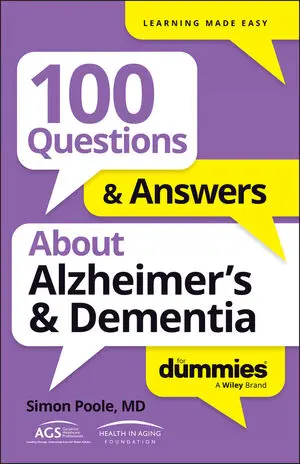The Functional Assessment Staging Tool (FAST) was intended to more specifically describe the progressive stages of Alzheimer's disease (AD). FAST divides the disease progression into seven stages but then further divides Stage 6 and 7 into more detailed substages to demonstrate specific losses as follows.
The developmental age at which a child gains the listed skill that is being lost at each AD substage is listed, an illustration of retrogenesis.
Here are the substages of Stages 6 and 7 in FAST:
- Stage 6: Moderately Severe Dementia
- 6a: Needs help putting on clothes (developmental age 5 years old)
- 6b: Needs help bathing (developmental age 4 years)
- 6c: Needs help using the toilet (developmental age 3–4 years) (removing clothing, wiping, disposing of tissue, flushing, redressing)
- 6d: Urinary incontinence (developmental age 2–3 years)
- 6e: Bowel incontinence (developmental age 2–3 years)
- Stage 7: Severe Dementia
- 7a: Speaks 5–6 words in a day (developmental age 15 months)
- 7b: Speaks only one word clearly (developmental age 1 year)
- 7c: Can no longer walk (developmental age 1 year)
- 7d: Can no longer sit up without assistance (developmental age 6–10 months)
- 7e: Can no longer smile (developmental age 2–4 months)
- 7f: Can no longer hold head up by self (developmental age 1–3 months)






